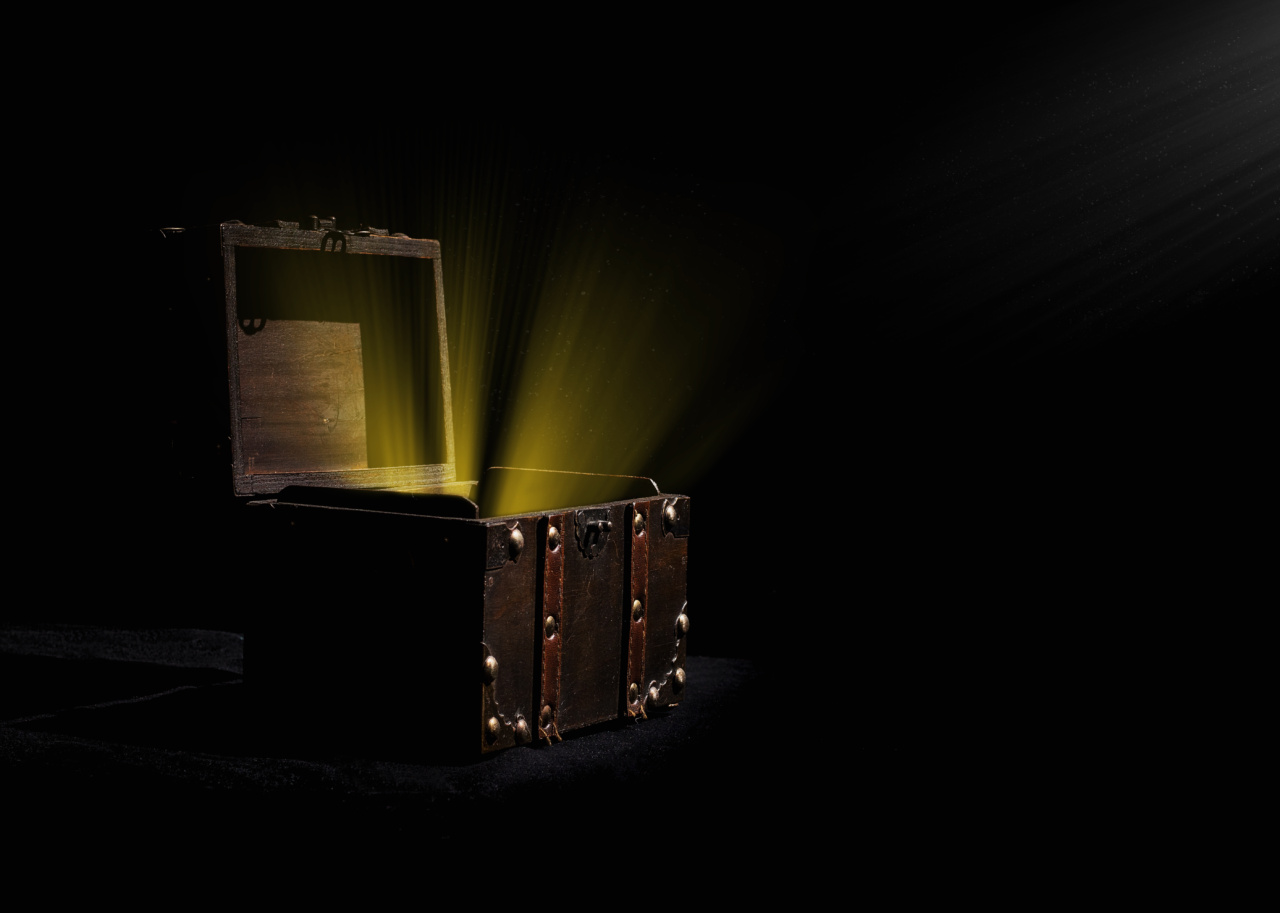Chest boils can be a painful and uncomfortable experience for anyone. These are red, swollen, and pus-filled lumps that develop on the chest area.
Boils can be caused due to a variety of reasons and may require different treatment approaches depending on their severity. In this article, we discuss the causes and treatments for chest boils.
What are the Causes of Chest Boils?
Chest boils can be caused due to a variety of reasons. However, the most common cause of boils is the presence of bacteria on the skin. When bacteria enter the skin, they can cause infections and lead to the development of boils.
Some other common causes of chest boils include:.
- Ingrown hairs
- Clogged hair follicles
- Sweating and heat
- Friction or irritation from clothing
- Weak immune system
- Diabetes
- Stress
What are the Symptoms of Chest Boils?
The symptoms of chest boils can vary depending on their severity. Some common symptoms of chest boils include:.
- Redness and swelling around the lump
- Pain or discomfort
- Pus-filled center
- Fever or chills
How are Chest Boils Treated?
The treatment for chest boils depends largely on their severity. For small, mild boils, home remedies and over-the-counter treatments may be sufficient. However, for more severe boils, medical treatment may be necessary.
Here are some common treatments for chest boils:.
Home Remedies
- Warm compress: Applying a warm compress to the boil can help bring it to a head and promote drainage.
- Tea tree oil: Tea tree oil has antibacterial properties that can help prevent infection and promote healing.
- Turmeric: Turmeric has anti-inflammatory properties that can reduce swelling and promote healing.
- Aloe vera: Aloe vera is a natural anti-inflammatory that can help reduce swelling and speed up the healing process.
Over-the-counter Treatments
- Pain relievers: Over-the-counter pain relievers like ibuprofen or acetaminophen can help reduce pain and discomfort.
- Topical antibiotics: Over-the-counter topical antibiotics like Neosporin can help prevent infection and promote healing.
Medical Treatment
- Incision and drainage: For severe or large boils, a doctor may need to make an incision and drain the pus inside.
- Antibiotics: If the boil is caused by a bacterial infection, a doctor may prescribe oral antibiotics to help clear up the infection.
Prevention of Chest Boils
The best way to prevent chest boils is by maintaining good hygiene. Here are some tips to help prevent the development of chest boils:.
- Shower or bath daily
- Wash your hands regularly
- Avoid sharing personal items like towels or razors
- Wear clean, breathable clothing
- Avoid tight-fitting clothing
- Avoid picking at or squeezing boils
Conclusion
Chest boils can be a painful and uncomfortable experience, but with proper treatment, they can be resolved. It is important to identify the cause of the boil and choose the appropriate treatment based on its severity.
Maintaining good hygiene is the best way to prevent boils from developing in the first place.































